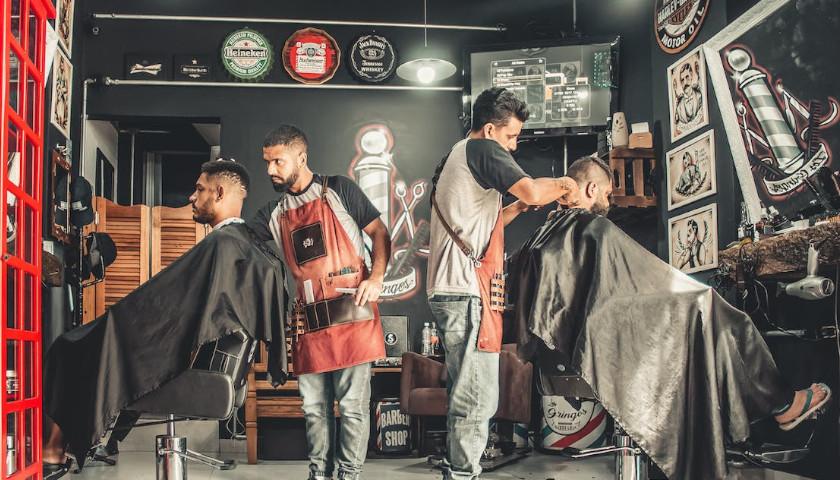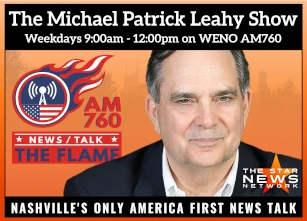by Morgan Sweeney
Universal license recognition became law in Virginia on July 1 for 85 different occupations, but some legislators believe ULR should be expanded to apply to more professions in the commonwealth.
ULR helps licensed professionals in approved occupations who are moving to Virginia or live near the border and want to pursue work in the commonwealth. Now, barbers, estheticians and home inspectors, for example, who have held their license for at least three years and are in good standing can easily find work in Virginia without becoming relicensed and potentially going without work for the duration of that process.
Del. Phil Scott would like ULR for more professions in the commonwealth. He believes universal licensure benefits licensed professionals and consumers, removing strictures that keep the market from fully responding to the laws of supply and demand.
“Universal licensure is reducing governmental barriers to businesses and other licensed professionals to be able to serve their communities with something they are very passionate about,” Scott told The Center Square.
Some oppose universal licensure – many in health care, architecture and engineering, among others – because they want Virginia’s standards to continue to be the benchmark for the state. The Virginia chapter of the American Institute of Architects is one such group.
“We are concerned that extending ULR in an unqualified manner would effectively constitute the commonwealth’s delegation, or abdication, of her responsibility and privilege to establish her own standards for the qualifications required of those licensed as architects (and others engaged in professional services) and thereby lose direct and specific control of those in the position to affect the public’s health, safety, and welfare,” Paul Battaglia, executive vice president of the chapter, told The Center Square.
Scott doesn’t find arguments like these convincing and believes they merely inhibit capable professionals from easily practicing their profession in Virginia.
“What you’re saying is, every state other than Virginia does not have qualified individuals who are doing dental surgeries, doing brain surgeries, building buildings,” Scott said. “That’s the number one argument we hear and it just falls flat on its face when you really dissect it.”
The other concern opponents raise is that allowing universal licensure will drastically affect the market for those services in Virginia – another objection Scott doesn’t find compelling.
There have been “no major gains, no major losses” so far to those industries where ULR is now in effect, according to Scott, and he believes the market can be trusted to regulate itself moving forward.
“If there’s enough public demand to facilitate five dentists in one city, those five dentists will survive and thrive. If universal licensure allows a sixth dentist to come in and they open up shop, they’re not gonna have the name recognition and they’re not going to succeed. The market will not allow for that,” Scott said.
– – –
Morgan Sweeney is a staff writer covering Virginia and Maryland for The Center Square. Morgan was an active member of the journalism program as an undergraduate at Hillsdale College and previously freelanced for The Center Square.





